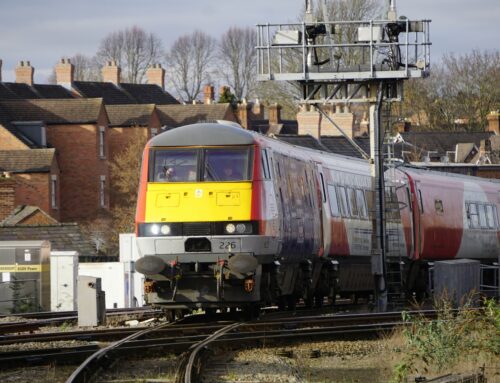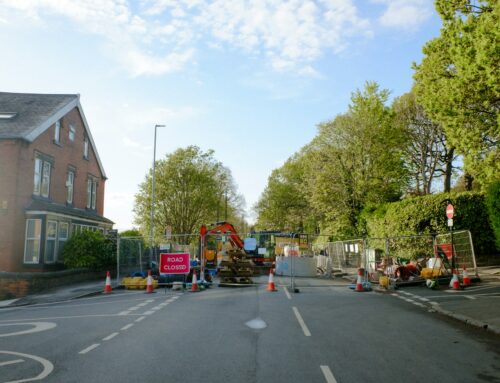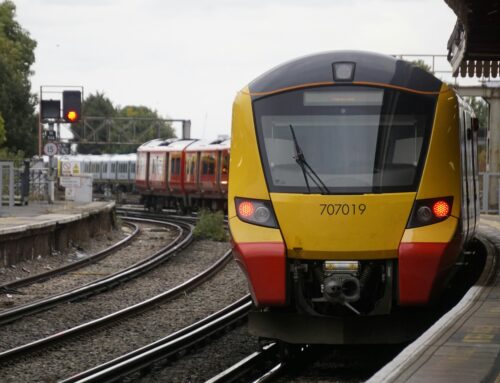On Monday 26th February, the UK Department for Transport (DfT) threw the covers off the Local Transport Fund. The Government said this development meant the North and Midlands would benefit from £4.7 billion of direct investment from reallocated High Speed 2 (HS2) funding.
Ministers said the money was aimed at transforming transport across these parts of the country, with smaller cities, towns, and rural areas set to benefit.
What does this redirected funding truly mean for the affected localities?
Secretary of State for Transport, Mark Harper, provided a statement to Parliament setting out the news. He said that the Local Transport Fund was “dedicated to transport funding across the North and Midlands”, adding that it “delivers on a commitment made in our Network North plan and is paid for by savings from High Speed 2.”
The Member of Parliament for Forest of Dean in Gloucestershire said that this funding arose due to the reallocation of the £36 billion that would have been invested into the second phase of HS2. He said the money would instead be spent on transport improvements that would “benefit far more people, in far more places, far more quickly”.
Of the £4.7 billion Local Transport Fund, £2.5 billion will be allocated to the North, while the Midlands will get £2.2 billion, with the money being spread over a seven-year period from 2025 to 2032.
The DfT hailed the investment as “the first transport budget of its kind that’s specifically targeted at smaller cities, towns, and rural areas and empowers local people and local leaders to invest in the transport projects that matter most to their communities”.
Various projects and improvements could be made possible
Cited in the DfT’s news release were various examples of transport improvements that the funding could be put towards. These ranged from the construction of new roads, the installation of Mass Transit Systems, the expansion of electric vehicle (EV) charge points and the refurbishment of bus and rail stations. There was also mention of an improvement of streets, including filling in potholes.
The DfT said it would publish advice for local councils and transport authorities to assist them with the development of ambitious plans for enhancing transport infrastructure in their localities.
Local councils will be expected to set out their delivery plans for the projects that they wish to invest in, and “will be held to account by the Government as well as their communities to make sure the money is spent promptly and effectively.”
It certainly is exciting to see what potential transport initiatives will be presented by local authorities from this large reinvestment of HS2 funding, something that we will be closely monitoring for future projects. If you are on the lookout for transport consultants who could help you realise the potential of your own projects, please reach out to your nearest Transport Planning Associates (TPA) office for transport planning and infrastructure advice and guidance.





